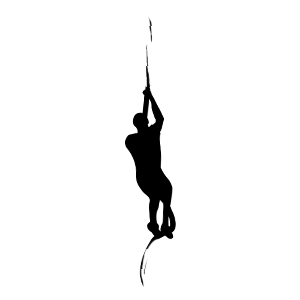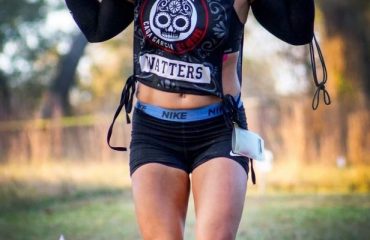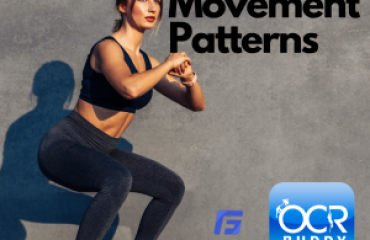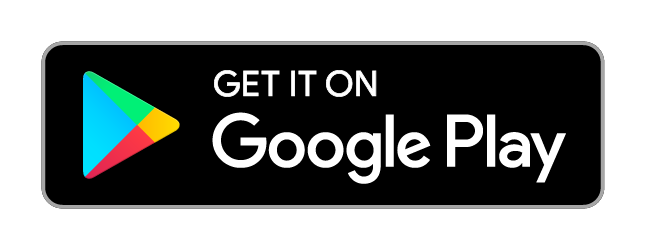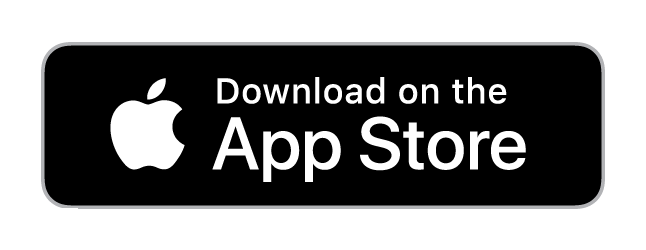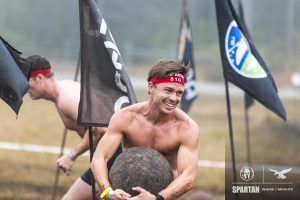 Leon Kofoed has been a European and World Champion. Most already know about him that he is a good, approachable person with a booming personality. We were lucky enough to corral him long enough to join us for “10 Questions with…” Leon Kofoed.
Leon Kofoed has been a European and World Champion. Most already know about him that he is a good, approachable person with a booming personality. We were lucky enough to corral him long enough to join us for “10 Questions with…” Leon Kofoed.
How did you find out about obstacle racing, and what was your first experience?
A friend my the military sent me a link to an event in 2012. I signed up with two friends and heard of the competitions to win “muddiest racer.” I finished 2nd in that and the post-race pull-up competition.
Everyone knows of your successes as a European and World Champion, but what did it take for you to get to that point?
The short answer: Tons of hard work, dedication, belief in the process, and fun times as well.
What is your training schedule? What are your focuses, and how do they change based upon upcoming races?
I’m changing up everything right now. Since my injury, a broken tibia 12 months ago, I’ve had to consider pain and injury at a new level. Generally, I base a lot of my training on the methodologies of Arthur Lydiard for endurance building, I do core and mobility training quite often, and I follow my own 8- week #getagrip training plan unless I’m either climbing or doing rig specific training.
I read that you started obstacle racing “late at 24 years old”. What is your advice to the people who are starting in obstacle racing, and what should their focus be on as they begin training?
The focus should always be FUN. But if your concept of fun is winning or doing amazingly, you should train specifically for that. If you’re the slowest on the startline, endurance should be king, and you should probably get an endurance coach or join a running club. The same logic applies to other missing elements in your performance. Once you’ve done about six months of basic training, you can start getting more OCR-specific. Go to as many fun training events as possible and learn tons. Join races, but not too many!
What are the biggest differences to you about obstacle racing in Denmark/Europe and the USA? How has your training changed to adapt to those changes?
The main difference (from a male perspective) is the impact of obstacles. The obstacles are rarely as difficult in the US, and being a great trail runner is much more important than in (Northern) Europe. Especially in Spartan, which is also popular in Southern and Eastern Europe. My future aim is to be such a good trailrunner that I can excel in Spartan but still be strong enough to win the OCR European Championships.
How do you track your performances and in your self-evaluation, how do you determine weaknesses?
I track all my training via Garmin Connect and find weaknesses through racing. I tend to focus on the
benefits of a single workout instead of a workout macro plan. I’m learning from that, and I’ll be better at peak performances in the future. I also work with a habit coach (@highfivemc on IG) who keeps me accountable for my thoughts and processes. His help is very much appreciated.
You are an ambassador for cancer awareness and work hard to raise money for the fight against cancer after your mom’s passing in 2013. How has fighting for the cause helped you in your journey, and where can people donate and help your fight against cancer?
You ask big questions, Russ. First, my mom passed in 2019 at age 54. I was 28 and became an orphan, which is even harder than it sounds. Helping a cause that benefits others in similar situations makes me feel good, but it’s not salvation. Salvation is working on yourself and trusting the people closest to you. Using a broad media profile to share thoughts and feelings is a different way of impacting others – and one I also enjoy. If I’ve impacted just one other person in a positive way (be that finding peace, extra energy, joy, or so on), then I’m honestly happy. And once a cure for cancer has been found, I will smile and know I’ve had just a small part of that process.
There is not a current donation open. But from all the sales of my #getagrip program 10% goes to the national cancer association. I don’t share this as I don’t want it as a sales trick. But if you’d like to donate and at the same time help me maintain my lifestyle as an OCR athlete, you can do that by buying a program. It’s 100% up to you if you’ll use it or not. It’s really good, though.
What do you do for fun and to relax when not racing or training?
I wish I had a cool answer like “playing piano, going on hot dates, and buying real estate,” but most often, I enjoy a movie or a series for ultimate relaxation. I also spend a lot of time with my closest friends, going on weekend trips and so on.
What would we be surprised to learn about you? What do people not know about Leon Kofoed?
Something new new? Hmmmm, let me think. I got bullied for wearing cheap clothes in elementary school because my family didn’t have (a lot) of money. But I very rarely speak about that and I don’t believe it necessarily affected me too much in my adolescence. My father passing when I was 12 was definitely worse.
What does your 2022 look like and going forward, what does the future hold for you as well?
Everyone can always see my expected race plan at www.leonkofoed.com/events – but I can sum up my primary goals: I wish to not just find my pre-injury fitness, but to grow beyond that level. I will work hard and smart to be strong at 2x European Championship and 3x World Championship events! I will grow my social profile to +20.000 followers and I will host 4-10 public speaking events for the cancer association. I will probably quit my job and put more time into OCR. I will maybe move to Colorado, maybe not. I will have a lot of fun. I might cry a bit and feel frustrated, but I want to make the most out of the year and that’s part of the journey. So yeah, I hope that made sense. Thanks for having me on 🙂
